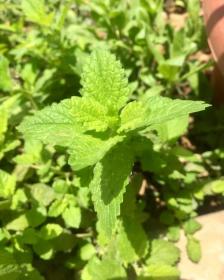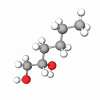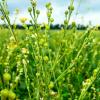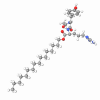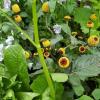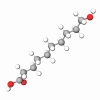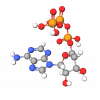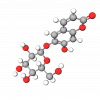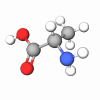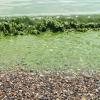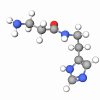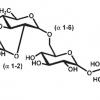Lemon Balm (Melissa Officinalis) is a square-stemmed, upright herb that grows to 20 inches. The leaves can grow to 3 inches long and 2 inches wide and are characterized by a strong lemon fragrance and astringent, antiseptic, and healing properties.
Lemon balm has been used for centuries as an effective nervine and natural aid to sleep and relaxation. Melissa Officinalis preparations were used by both the ancient Greeks and Romans as surgical wound dressings. Paracelsus described Melissa balm as the "elixir of life." The word melissa comes from the Greek for 'honey bee .' The plant provides excellent bee fodder, hence its ancient name, bee balm. Antidotal success includes Melissa Officinalis, which was successfully used to heal an ulcerated spider bite.
This herb is high in natural polyphenols that have been shown to be very effective as a topical treatment for shingles and herpes, thanks to its antifungal and strong antiviral properties. In addition, lemon balm leaf extract has a strong and long tradition as a general wound healer when applied externally, and herbalists often recommend it for managing complex problems. Melissa preparations are suitable for acne, eczema, cuts, sores, minor wounds, and warts, as well as painful insect bites and bee stings.
